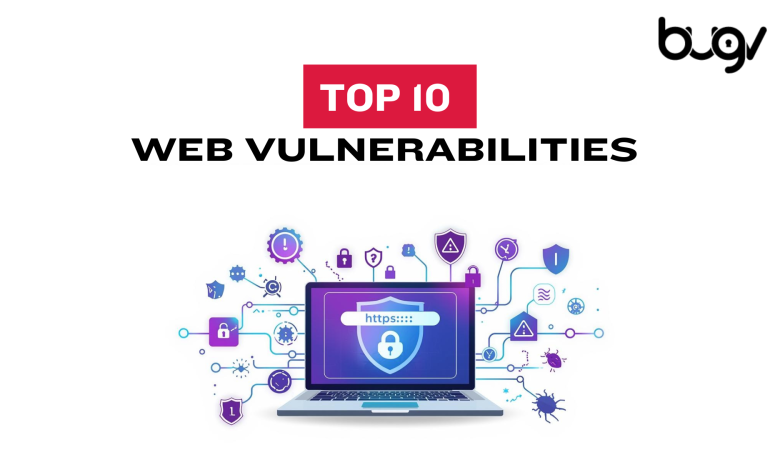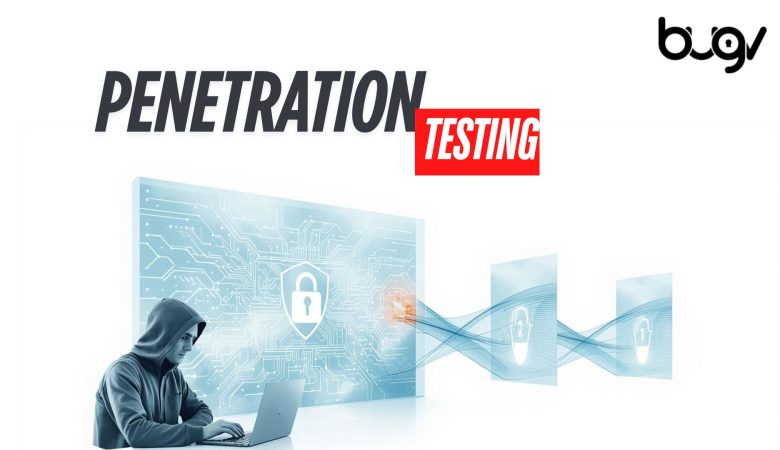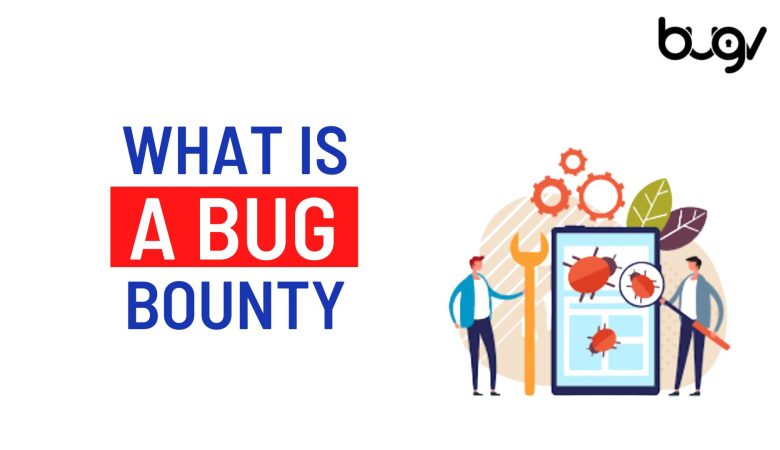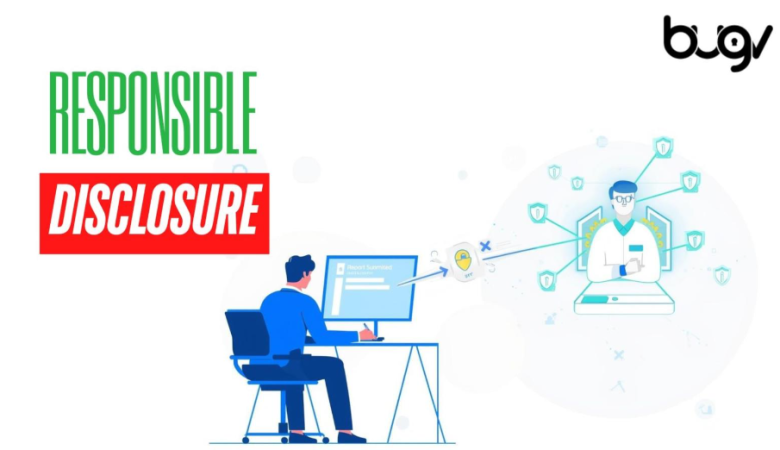Ensuring robust security is a critical concern for start-ups, especially when resources are limited. At bugv, our goal is to empower security professionals and enthusiasts with practical tools and knowledge. Drawing from extensive experience in assessing web applications, cloud environments, and networks for vulnerabilities, we’ve observed that security is often an afterthought or hastily implemented for compliance. To help start-ups avoid these pitfalls, here are some cost-effective security practices to enhance your defenses from the ground up.
1. Cultivate a Security-First Culture
Making security a part of your development process right from the start is important. This means thinking about security from the beginning, when you’re designing your project, all the way to when you’re ready to launch it. It’s like building a strong foundation for a house. Also, keep educating your team regularly about security threats and how to handle them. This helps them stay updated and ready to keep your project safe from any dangers. So, by integrating security from the beginning and educating your team regularly, you’re making sure your project stays secure.
2. Make use of Free and Open Source Tools
Take advantage of the free tools available to enhance your project’s security. First, use tools like SonarQube, Bandit, and Brakeman for static code analysis. These tools help spot vulnerabilities in your code early on. Next, consider implementing dynamic application security testing (DAST) tools like OWASP ZAP or Arachni. These tools check for vulnerabilities while your application is running. Lastly, make use of security libraries and frameworks that are well-known and trusted. These libraries can help with tasks like authentication, input validation, and encryption, ensuring that your project stays secure without costing you extra money.
3. Use basic security steps
Put in place basic security steps to protect your project. Start with strong password rules, asking for tough, unique passwords. Also, think about using multi-factor authentication for important systems. Keep everything updated too. That means making sure all your software, libraries, and operating systems are current. This helps guard against known problems. Don’t forget about backups and disaster plans. Regularly save copies of your data and practice your plan for when things go wrong. This helps you bounce back quickly from any problems.
4. Keep your cloud safe
Protecting your cloud infrastructure is crucial for keeping your data safe. To do this, use tools like AWS Config or Azure Security Center to manage and monitor security settings continuously. Follow the principle of least privilege to control access, ensuring that users only have access to what they need. Additionally, encrypt sensitive data both at rest and in transit using encryption tools provided by your cloud provider. These measures help to safeguard your data and maintain the security of your cloud environment.
5. Conduct Regular Security Assessments
Regularly checking the security of your systems is important for keeping them safe. Use tools like Nessus or OpenVAS to scan your systems and applications for vulnerabilities on a regular basis. It’s also a good idea to do penetration tests now and then to see how attackers might try to get in. Another helpful step is setting up a bug bounty program, where you reward people for finding and reporting vulnerabilities in your systems. This can help you find and fix problems before they’re exploited by malicious actors.
6. Creating a Strong Response Strategy
Make sure you’re ready for security incidents by creating a detailed plan outlining what to do if something goes wrong. Use monitoring tools to catch any suspicious activity quickly and analyze it. If there’s a breach, have procedures in place to limit its impact and fix the problem. Then, focus on getting things back to normal and figuring out how to prevent similar incidents in the future.
Extra: Run Your VDP with Bugv
For just $100 per month, you can enhance your security by running a Vulnerability Disclosure Program (VDP) with Bugv. This allows security researchers and white-hat hackers to report vulnerabilities in your web or mobile applications in good faith. By leveraging their expertise, you can identify and fix security issues before they become a threat, ensuring your start-up remains secure. If you want to launch your VDP program then please send us your email at ‘support@bugv.io‘.
By prioritizing security from the outset and utilizing available resources, start-ups can establish a strong security foundation that supports growth and innovation. Remember, effective security doesn’t have to be costly; it just needs to be smart. At Bugv, we are committed to helping you achieve robust security in a cost-efficient manner.
Bugv is specialized in VAPT (Vulnerability Assessment and Penetration Testing) and Penetration Testing, ensuring your start-up’s security is robust and reliable. We also offer a unique crowdsourcing platform where you can launch your own Vulnerability Disclosure Program (VDP). A VDP allows ethical hackers to identify and report security vulnerabilities in your systems before malicious actors can exploit them, enhancing your security posture significantly. Additionally, our Bug Bounty Program incentivizes security researchers to find and disclose vulnerabilities, providing an extra layer of protection for your start-up. Secure your start-up effectively with these comprehensive security solutions. If you’d like to know more about our services and solutions, please reach out to us at ‘support@bugv.io‘ or contact us directly.
You can sign up for your account at bugv.io to start enhancing your security today.











